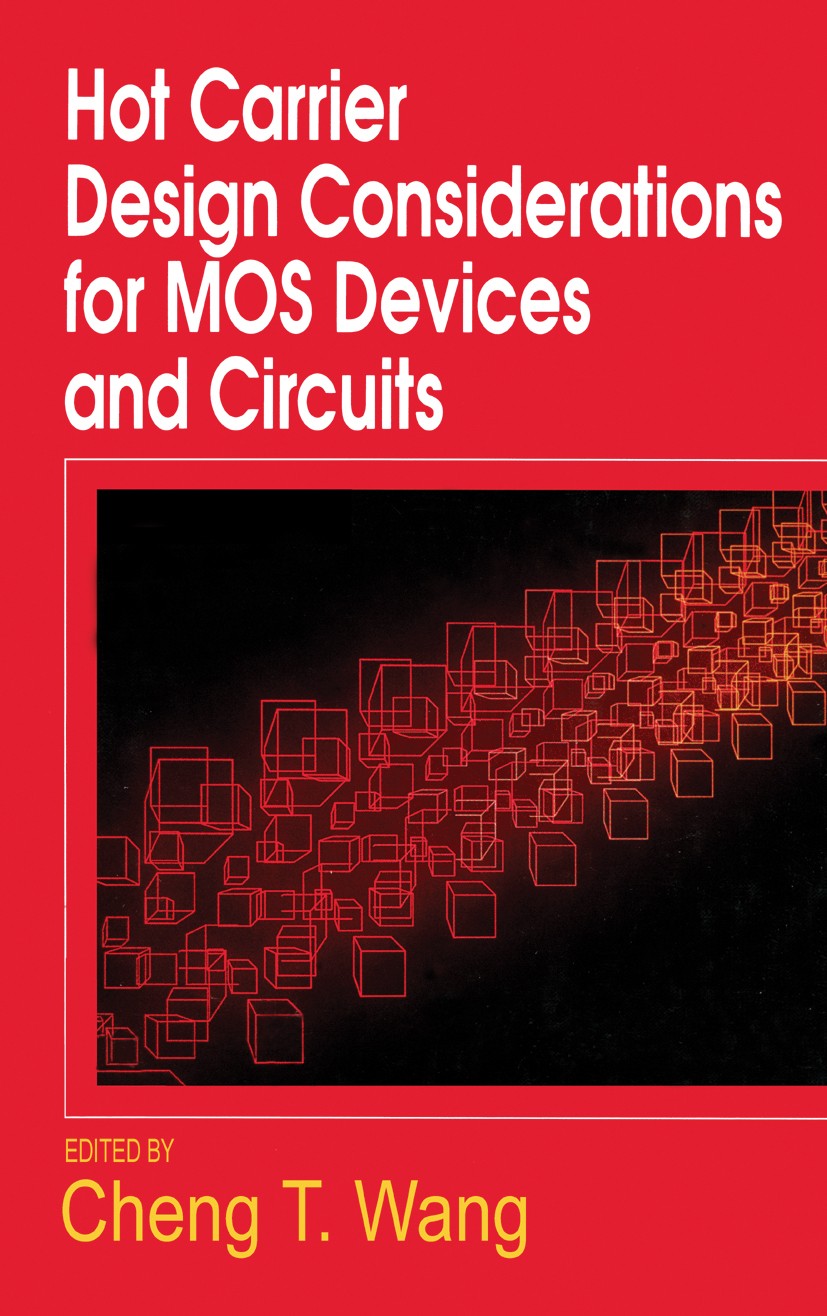| 書目名稱 | Hot Carrier Design Considerations for MOS Devices and Circuits | | 編輯 | Cheng T. Wang | | 視頻video | http://file.papertrans.cn/429/428430/428430.mp4 | | 圖書封面 |  | | 描述 | As device dimensions decrease, hot-carrier effects, which are due mainly to the presence of a high electric field inside the device, are becoming a major design concern. On the one hand, the detrimental effects-such as transconductance degradation and threshold shift-need to be minimized or, if possible, avoided altogether. On the other hand, performance- such as the programming efficiency of nonvolatile memories or the carrier velocity inside the devices-need to be maintained or improved through the use of submicron technologies, even in the presence of a reduced power supply. As a result, one of the major challenges facing MOS design engineers today is to harness the hot-carrier effects so that, without sacrificing product performance, degradation can be kept to a minimum and a reli- able design obtained. To accomplish this, the physical mechanisms re- sponsible for the degradations should first be experimentally identified and characterized. With adequate models thus obtained, steps can be taken to optimize the design, so that an adequate level of quality assur- ance in device or circuit performance can be achieved. This book ad- dresses these hot-carrier design issues for MOS d | | 出版日期 | Book 1992 | | 關(guān)鍵詞 | Leistungsfeldeffekttransistor; circuit; efficiency; experiment; modeling; quality; research; semiconductor; | | 版次 | 1 | | doi | https://doi.org/10.1007/978-1-4684-8547-9 | | isbn_softcover | 978-1-4684-8549-3 | | isbn_ebook | 978-1-4684-8547-9 | | copyright | Springer Science+Business Media New York 1992 |
The information of publication is updating

|
|
 |Archiver|手機(jī)版|小黑屋|
派博傳思國際
( 京公網(wǎng)安備110108008328)
GMT+8, 2025-10-8 00:55
|Archiver|手機(jī)版|小黑屋|
派博傳思國際
( 京公網(wǎng)安備110108008328)
GMT+8, 2025-10-8 00:55


